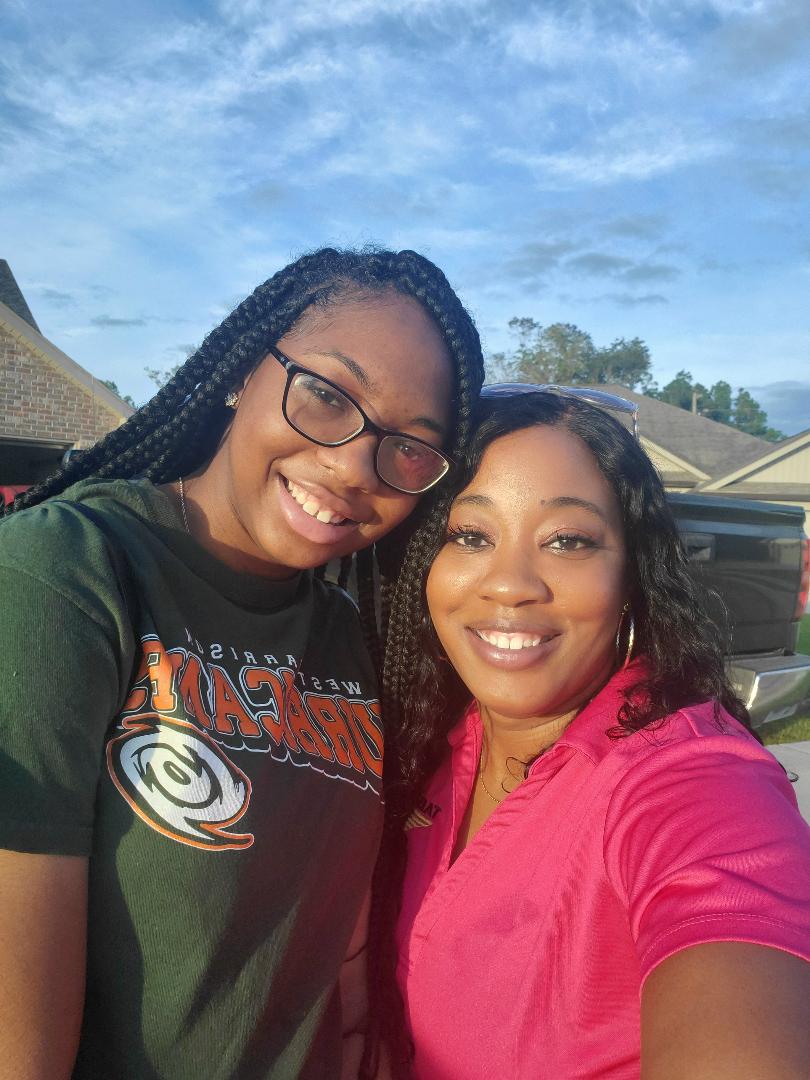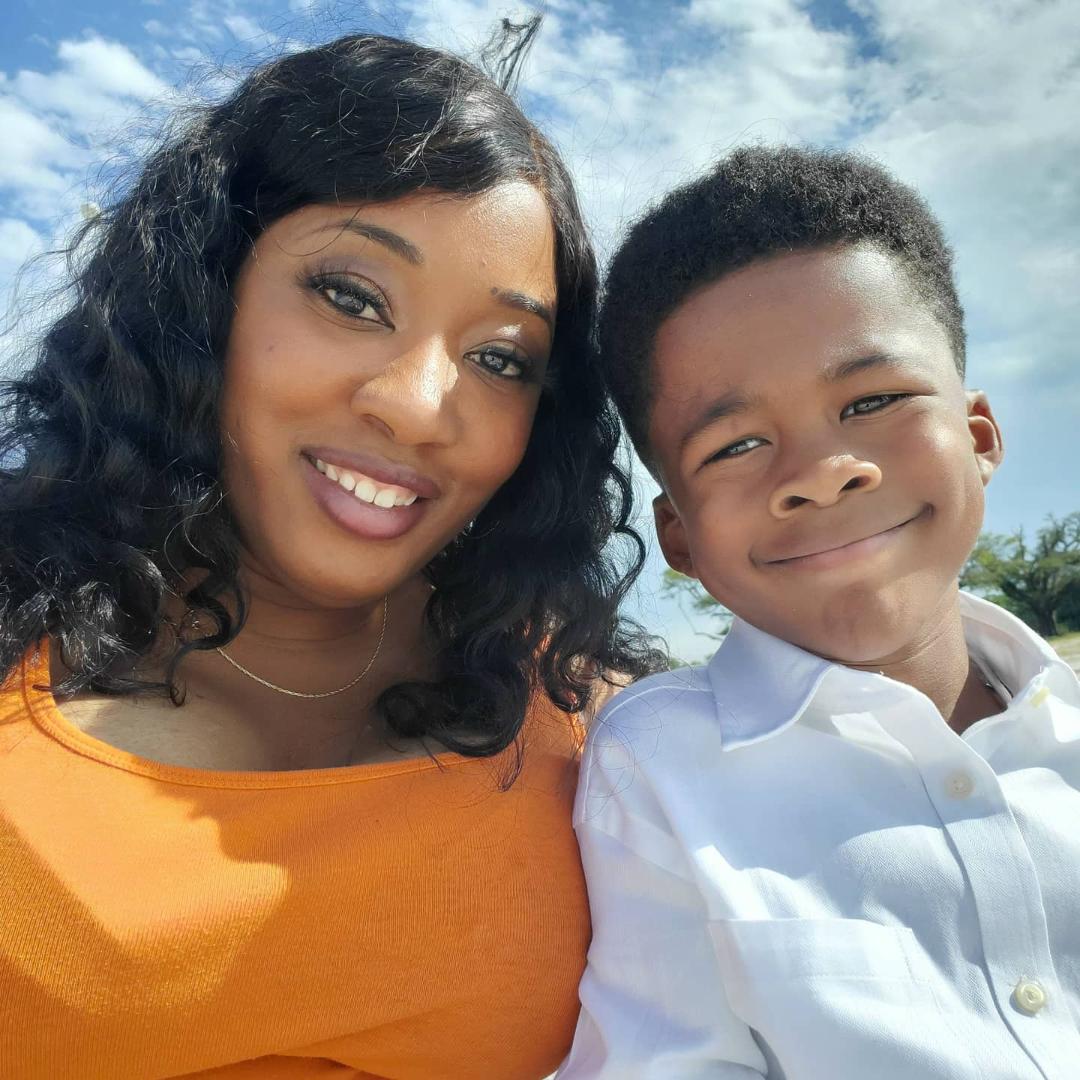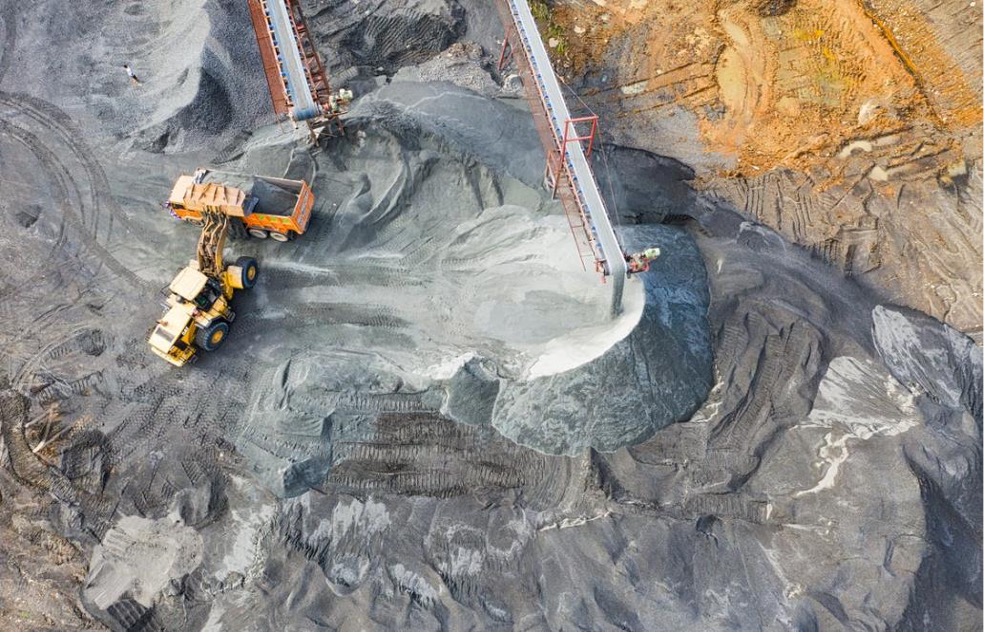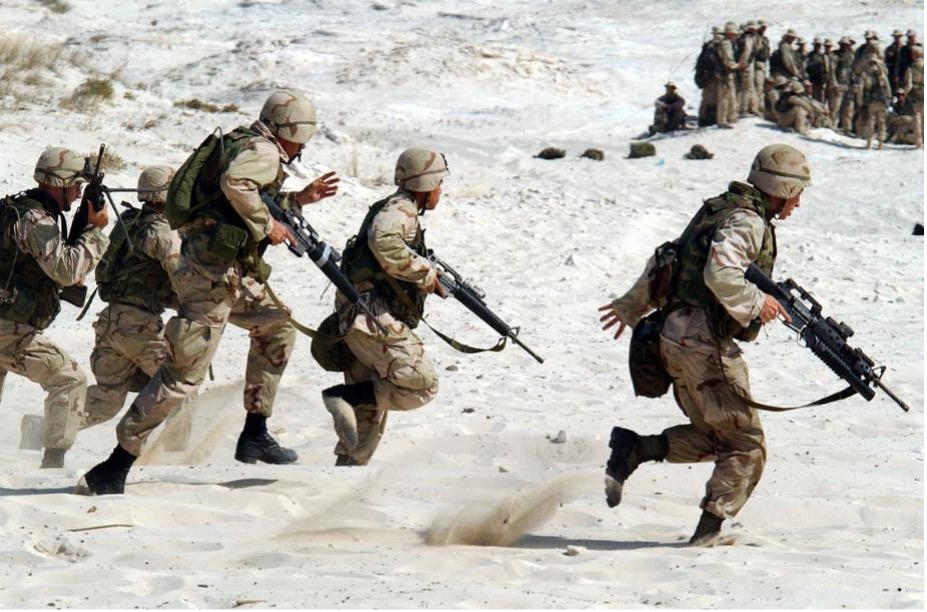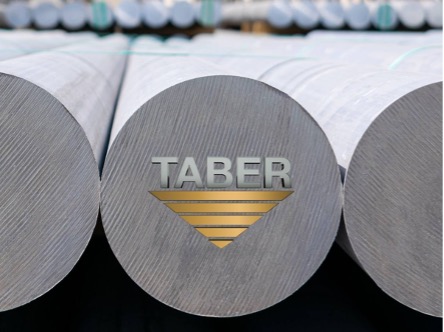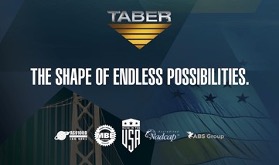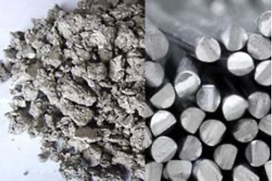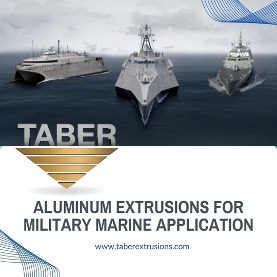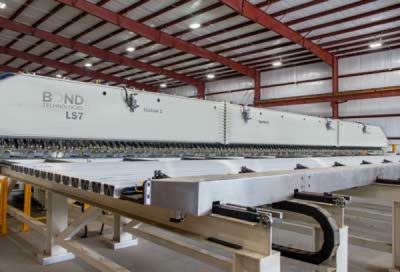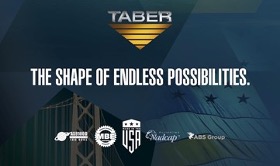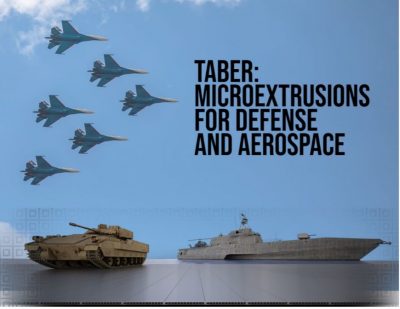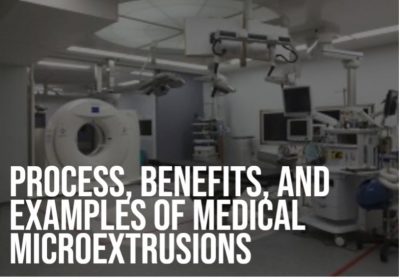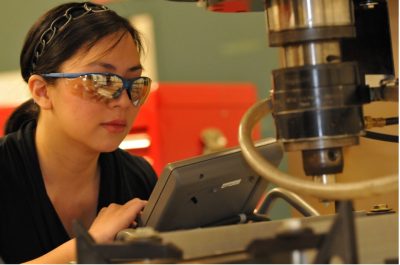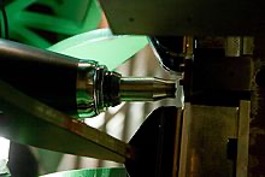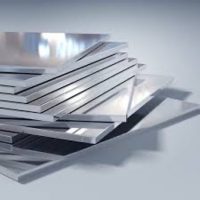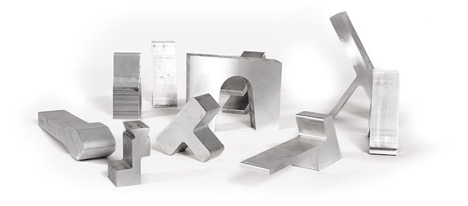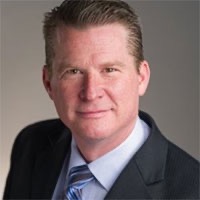Aluminum Extrusion Finishes or #AluminumExtrusionFinishes

Aluminum extrusion finishes, or #aluminumextrusionfinishes, are important to a final extrusion product. When working with an aluminum extruder, it’s essential to have your finish in mind: it’s important to know what’s going to happen to the extrusion once it leaves our plant. Whatever end-result you desire, your aluminum extrusion manufacturer can help you choose the right finishing technique so your end product is durable and visually pleasing. This article will help explain the various options available after your extruder has completed their role in the journey to your final extrusion product.
When designing different projects and products, aluminum extrusions are essential. An appropriate finish ensures that the extrusions are eye-appealing and corrosion-resistive at the same time. After you’ve decided to design your custom aluminum extrusions, there are some important choices you need to make. Picking out an appropriate finish will certify that your extrusions have a suitable appearance and proper corrosion resistance.
Benefits to Treating Aluminum Surfaces:
- Color
- Electrical insulation
- Hardness
- More acceptable resistance to wear
- Better resistance to corrosion
- Improving the surface structure
- Reflectivity
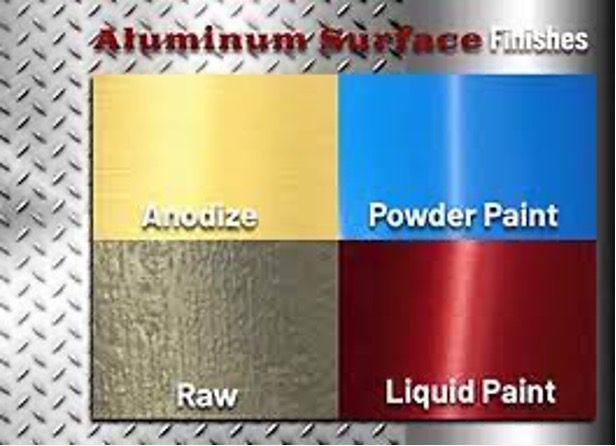
Reasons to Consider Adding Aluminum Extrusion Finishes
Environmental protection:
Natural oxide films protect the metal from corrosion; environmental fluctuations will require extra care. Humidity, moisture, and extreme weather fluctuations can accelerate deterioration. Adding an extra layer of protection is essential to save the metal from corrosion.
Metal preparation:
An extra finish layer is necessary if you plan to paint the metal. Anodizing will need to thicken the natural oxide film on the surface of the metal. The procedure enhances the resistibility of aluminum against corrosion.
Enhanced appearance:
To please the eyes, finishing the surface becomes essential. The first demand of the consumer product is an aesthetically pleasing product. You have options between, a bright color product, a textured look, or a mirror finish.
Advantages of Aluminum Surface Treatments
- Adapting surface hardness and abrasion resistance
- Improves the appearance of the aluminum
- Layer gluing like varnish, bonding adhesives, and paints
- Can enhance deterioration resistance
Types of Aluminum Surface Finishes
Anodizing:
Combined chemical and electrical processes are surface treatments for aluminum finishing and anodizing. A porous anodic oxide layer forms over the surface. It thickens the oxide film for additional protection against corrosion. Anodized aluminum can take up vibrant colors, and any aluminum alloy can be anodized. A painted aluminum profile will initially undertake a paint stripping process. Additionally, anodized aluminum profiles can be melted and recycled without pretreatment.
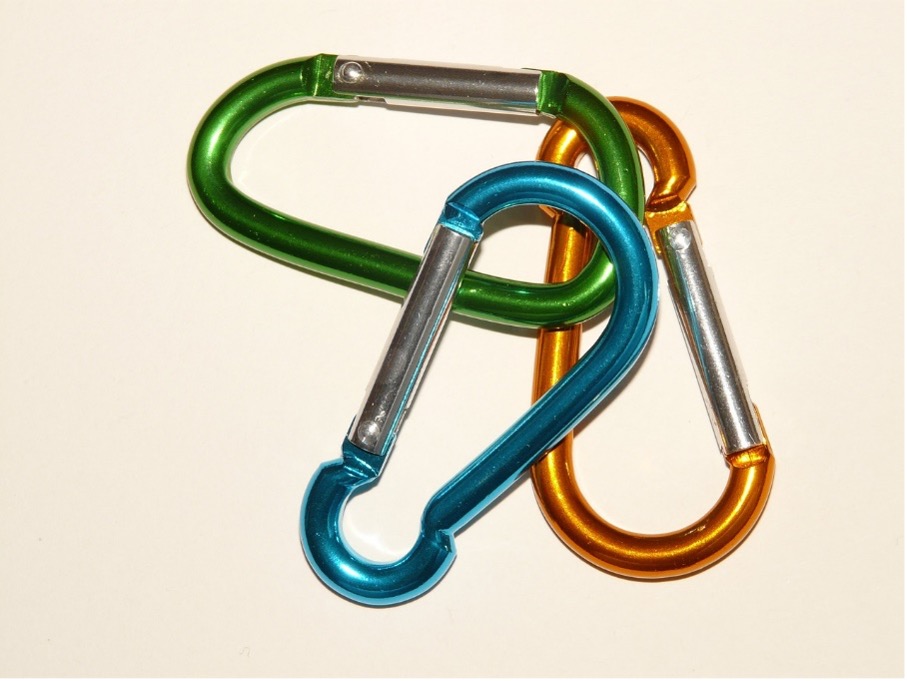
Uses of Anodizing:
Enhance the surface’s resistance to corrosion.
- Give aluminum surfaces an electrically insulated coating.
- Create a “dirt repellent” surface to meet hygiene requirements (seen in aluminum extrusions used for food processing).
- Creating a function-specific surface finish (seen in abrasion-resistant or slip surfaces in machine parts).
- Maintain a surface’s “as-new” appearance.
- Create a “base coat,” readying the surface for the application of printing inks or other adhesives.
- Provide a decorative aluminum finishing that has durable colors and a gloss.
Powder Paint:
Powder coating is a hugely widespread method of aluminum finishing as it offers a limitless choice of repeatability powder and color variety. It can enhance the rigidity of the film. Powder coatings are applied as solid while going through the baking process the powder stiffens. The new powder is then assessed via a redevelopment system and reused. In wet coating plants, evaporation loses a high level of the paint; a powder coating plant uses up to 98% of the powder.
Advantages of Using Powder Paint:
- Good formability means that it forms possibly after the coating process.
- The process is highly repeatable.
- Powder-coated surfaces are suitable for outdoor use as it has good resistance to corrosion as well as UV.
- Abrasions and knocks are withstood far better by powder-coated surfaces than wet surfaces.
- Powder coatings have no risk of blistering or running.
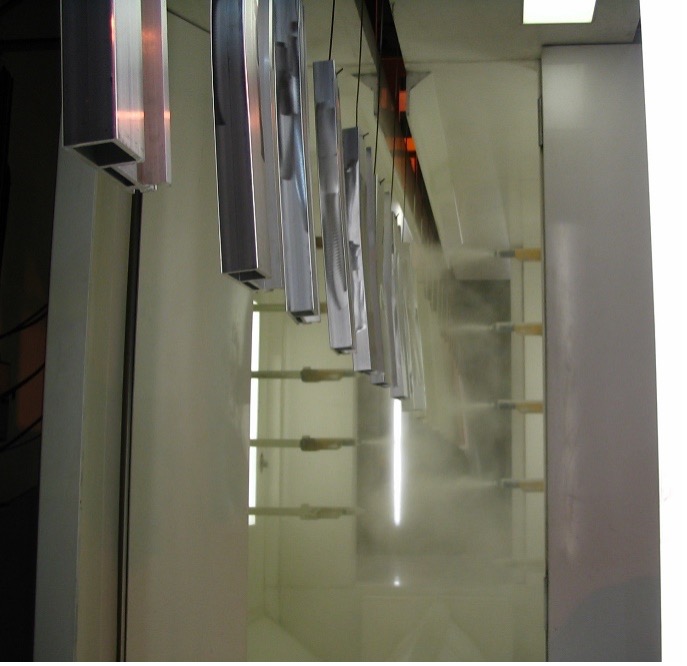
Liquid Paint/Wet Coating:
These coatings come in several colors and provide a uniform film thickness. Liquid coatings generally contain volatile organic compounds (VOCs). They are eliminated during the curing or baking process. When the VOCs are gone, the volume solids form a film on the extrusion.
Mechanical Finishes:
Aluminum and aluminum alloys can be buffed, blasted, polished, ground, or sanded. These finishes can refine surface quality or prepare the aluminum for different cosmetic finishes.
Mechanical Finishes Techniques
Grinding:
A procedure used for improving the surface quality of extruded aluminum, this technique leaves behind a fine striation on the grinding direction. The surface finish results here will range from very fine and medium to coarse. Anodizing often follows surfaces that undergo grinding. Grinding before painting processes is useful in additionally enhancing the achievable surface finish.
Polishing:
Specific requests and requirements determine the smoothing of the aluminum surface, the gloss, and the quality of the polish. Polishing will often be followed by bright anodizing to achieve a high gloss finish. A polished character will typically also be anodized.
Tumbling:
Known as barrel polishing and is mainly employed as a deburring action. Surface finishes will vary from matte to gloss, depending on the polishing medium applied to the drum.
Pretreatment:
Applying a pretreatment coat on the surface removes the aluminum cleaned with an alkaline or acidic solution. Following the cleaning, a pretreatment coating is used, enhancing powder or paint adhesion, and providing resistance against corrosion.
Sublimation:
Have you ever seen aluminum extrusions that look like wood? The extrusions go through sublimation using a base coat of powder. After applying a base coat of powder, profiles can go through sublimation. Technicians then place a thin film with a pattern around the shape. The sublimation process directly transfers the wood pattern onto the extrusion. This method is rarely implemented but is becoming more common over time.
Taber Extrusions understands 3aluminumextrusionfinishes and what it takes to deliver high-caliber aluminum extrusion finishes suitable for your needs. We present an assortment of surface finishes and work closely with our customers to attain products that are not only dependable and functional but stunning.
We appreciate your ongoing support of Taber Extrusions. If you have any questions, please visit taberextrusions.com or reach out to one of Taber’s regional sales managers.
Follow Taber Extrusions:
LINKEDIN: https://www.linkedin.com/company/taberextrusions/
FACEBOOK: https://www.facebook.com/taberextrusions/
TWITTER: https://twitter.com/taberextrusions


